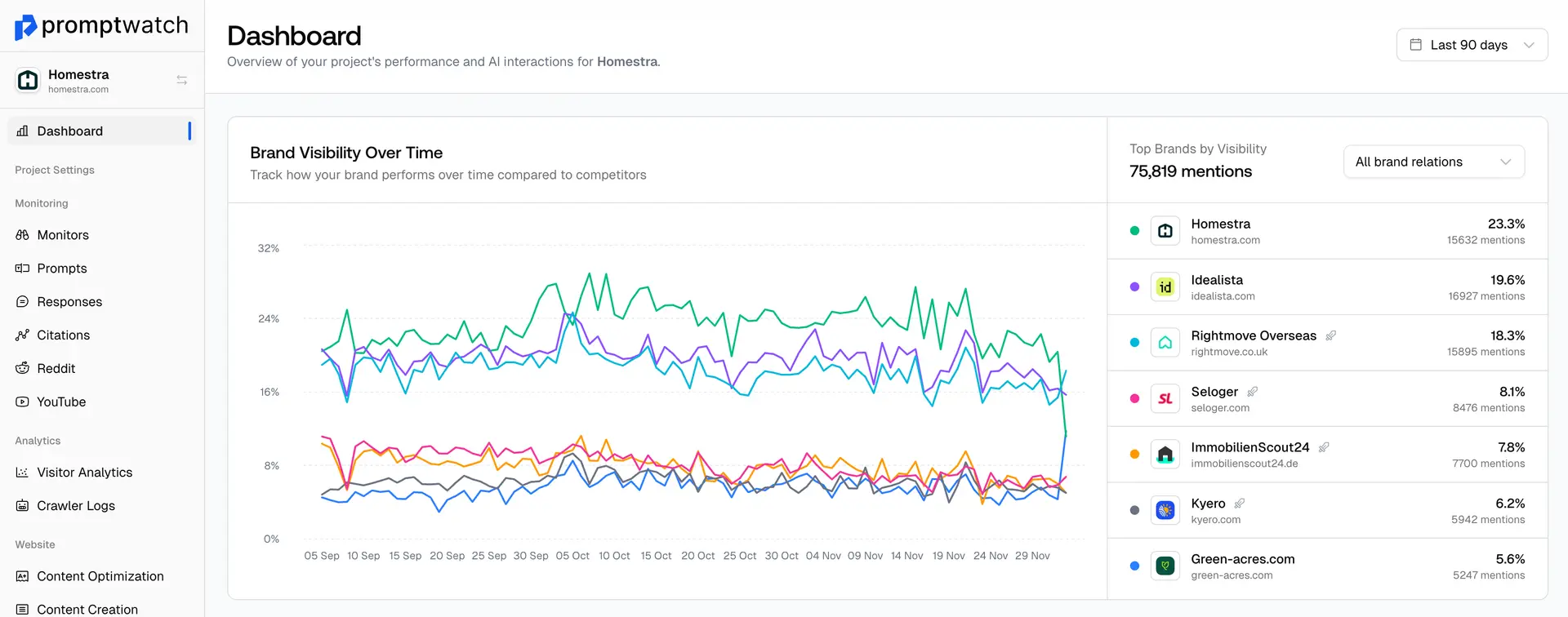Definition
Zero-Shot Learning is the remarkable ability of AI systems to perform tasks, answer questions, or understand concepts they've never been explicitly trained on, using their general knowledge and reasoning capabilities to tackle new challenges. It's like having an expert who can apply their broad knowledge to solve problems they've never encountered before, drawing on patterns and principles they've learned from related experiences.
This capability is particularly powerful in large language models like GPT-4 and Claude, which can handle tasks ranging from writing in specific styles they've never been trained on, to analyzing business problems in industries they haven't specifically studied, to creating content for audiences they've never targeted. The AI doesn't need examples of the specific task—it can generalize from its broader training to understand what's being asked and provide relevant responses.
For businesses, zero-shot learning represents both an opportunity and a strategic consideration. The opportunity lies in being able to use AI systems for specialized tasks without needing to provide extensive training examples or custom fine-tuning. A small business can ask an AI to help with industry-specific challenges, create content for niche audiences, or solve problems unique to their situation, even if the AI hasn't been specifically trained on their exact use case.
The strategic consideration is that AI systems performing zero-shot tasks rely heavily on the patterns and information present in their training data. This means that businesses with strong online presence, comprehensive content, and clear expertise documentation are more likely to be referenced or recommended when AI systems tackle related zero-shot tasks. If an AI is asked to help with sustainable packaging solutions for e-commerce, it will draw on whatever information about sustainable packaging exists in its training data—making comprehensive, authoritative content on your topic crucial for zero-shot visibility.
Zero-shot learning is particularly relevant for GEO because it means AI systems can provide recommendations and advice on topics they haven't been specifically optimized for, but they'll still draw on the authority and expertise signals present in their training data. This makes building comprehensive topical authority even more important, as it increases the likelihood that your expertise will be referenced in zero-shot scenarios.
Examples of Zero-Shot Learning
- ChatGPT helping a niche B2B software company create marketing content for a very specific industry vertical it wasn't explicitly trained on
- Claude providing detailed advice on emerging business challenges or new regulations without having specific training examples
- AI systems generating content in specialized formats or styles they've never been specifically trained to produce
- Large language models solving novel problems by applying general principles and patterns from their training
